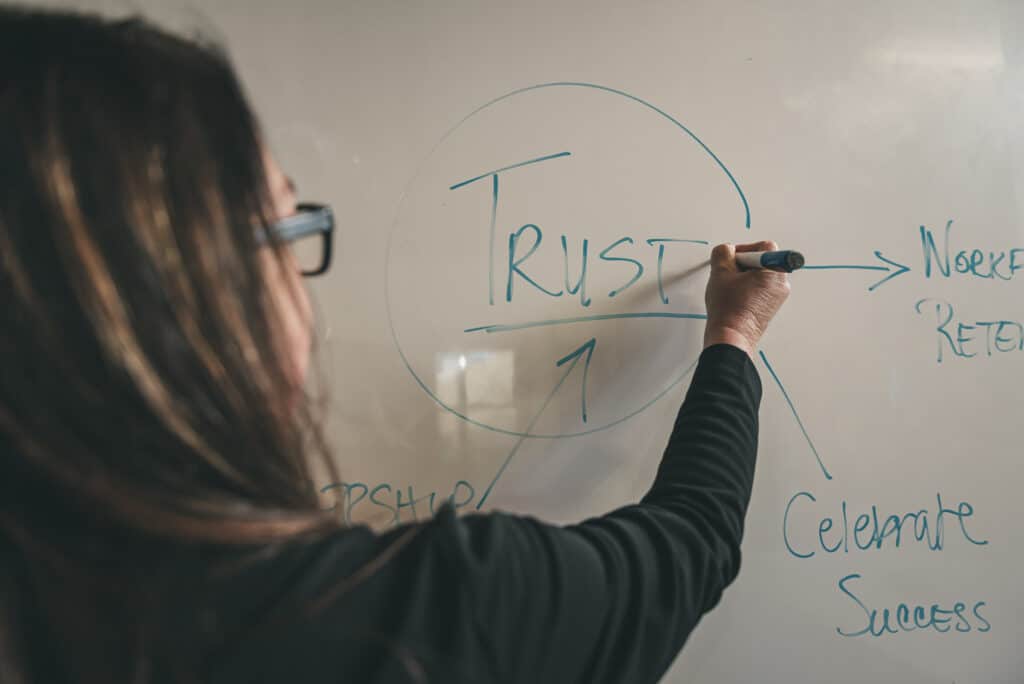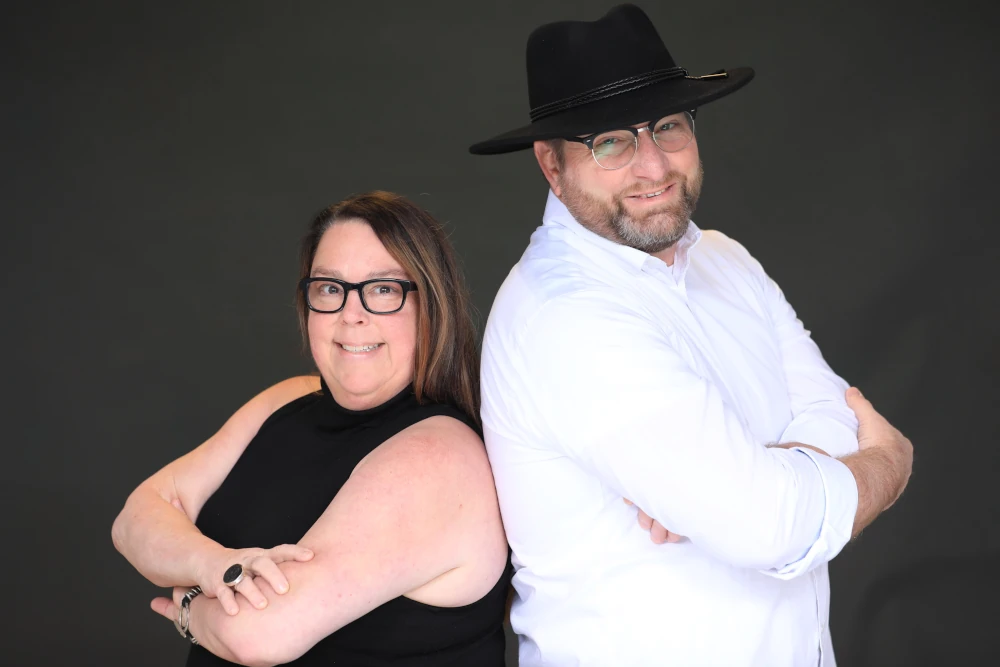“Practical, tangible, and actionable skills and solutions”
Allies 4Outcomes partners to help shift overall culture, workforce retention, leadership, and supervisory and worker practices to improve the quality of service delivery and, ultimately, client, organizational, and fiscal outcomes. By integrating two specific models grounded in research, a continuous quality improvement or “growth” mindset evolves within the organization.
Our team of experts empowers leaders, supervisors, and workers in all program areas to enhance their application of skills and knowledge through hands-on capacity building, bridging the gap between policy and practice for impactful service delivery. Unlike typical consulting firms that offer advice or quick fixes, we work closely with your leadership, team, and workforce to strengthen skills, systems, culture, and processes to drive service innovation.
Our approach is guided by two neuroscience-informed frameworks—Leadership Practices & Technical/Managerial Day-to-Day Operational Practices—and our unique Capacity-Building Model. Together, these tools equip leaders and organizations build trust, psychological safety, and a sense of belonging, fostering a culture of continuous quality improvement. Neuroleadership practices such as emotional regulation and a growth mindset lay the groundwork for a learning-focused organization, helping shift the organizational environment from a reactive “threat” stance to a proactive “reward” mindset. These strategies elevate engagement, resilience, motivation, collaboration, and teamwork, while strengthening relationships with stakeholders and the community.
By grounding capacity building in neuroscience and evidence-based strategies, we enable human service organizations to develop practical, tangible, actionable skills across leadership, supervision, and daily operations. We partner with you to identify and implement immediate, sustainable solutions that address leadership, supervision, and practice challenges.

Neuroscience-Informed Leadership Practices & Technical/Managerial Day-to-Day Operational Practices
Neuroscience-informed leadership employs targeted strategies to build trust, psychological safety, inclusion, and a sense of belonging, cultivating an organizational culture centered on growth. These approaches enhance employee engagement, resilience, motivation, collaboration, and teamwork while bolstering relationships with stakeholders and the community. At its core, neuroleadership emphasizes emotional regulation and a growth mindset, paving the way for a learning organization that transitions its workforce and culture from a threat-based state to one of reward and opportunity. Through these leadership practices leaders foster trust, inclusion, psychological safety, and resilience, driving workforce retention and improved fiscal, organizational, and client outcomes.
Neuroleadership utilizes specific leadership practices that improve trust, psychological safety, inclusion, and belonging, resulting in increased engagement, resilience, motivation, collaboration, and teamwork. Neuroleadership utilizes emotional regulation as a core leadership and supervision skill, helping to shape a positive culture in the organization.
The A4O consultant team brings a philosophy and framework that balances accountability, support, and a continuous quality improvement mindset. This philosophy, coupled with A4O’s Immersive Capacity-Building framework, helps evolve organizational practice across all program areas, builds on strengths, addresses growth needs, and engages workforce, supervisors, and leadership in developing strategies to improve community, organizational, client, and fiscal outcomes. There are two foundational frameworks: Neuroscience-Informed Leadership Practices & Technical/Managerial Day-to-Day Operational Practices, and a Capacity-Building Framework.
Sources
Ghadiri, A., Habermacher, A., & Peters, T. (2012). Neuroleadership A Journey Through the Brain for Business Leaders (1st ed. 2012.). Springer Berlin Heidelberg.
Pittman, A.L. (2020). Leadership rebooted: Cultivating trust with the brain in mind. Human Service Organizations: Management, Leadership & Governance, 44(2), 127-143, DOI
Zak, P. J. (2017). The neuroscience of trust. Harvard Business Review, 84–90.
Threat Versus Reward Response (Growth-Mindset)
- Distracted
- Anxious
- Stressed (Stress Response)
- Less Emotionally Regulated
- Reduction In Memory
- Decreased Performance, engagement, and motivation
- Clear and focused thinking
- More Creative
- More insights for complex problem solving
- Actionable ideas
- Broader perspective on issues
- Increased collaboration and teamwork
- Increased Resilience
Sources
Rock, D. (2010). Impacting leadership with neuroscience. People and Strategy, 33(4), 6–7.
Cox, C.L. (2012). SCARF ® in 2012: updating the social neuroscience of collaborating with others.
Building Framework with Immersive Capacity-Building
A4O’s Immersive Capacity-Building Model is rooted in implementation science and employs a multi-tiered, equity-focused framework that links learning to practical application in leadership, decision-making, and policy-driven practices. Immersive Capacity-Building integrates adult learning strategies that offer real-time modeling, coaching, mentoring, and feedback as workers, supervisors, and leaders do their day-to-day operations. Through targeted topics in individual and group learning sessions, we emphasize the application of law and policy to practice, engagement of clients, partnership with stakeholders, and organizational health and worker retention. We support quality service delivery by bridging the gap between practical policy and practice connections, resulting in stronger decision-making and service delivery. Unlike conventional consulting firms that provide advice or quick fixes, we collaborate closely with leadership and the workforce to enhance skills, systems, culture, and processes, driving meaningful service innovation.
Combining neuroscience with evidence-based, immersive capacity-building strategies, we help human service organizations develop practical, tangible skills for leadership, supervision, practice, and operations. Our partnership approach focuses on identifying and implementing sustainable solutions that address the unique challenges in leadership and practice, delivering immediate and lasting results.



